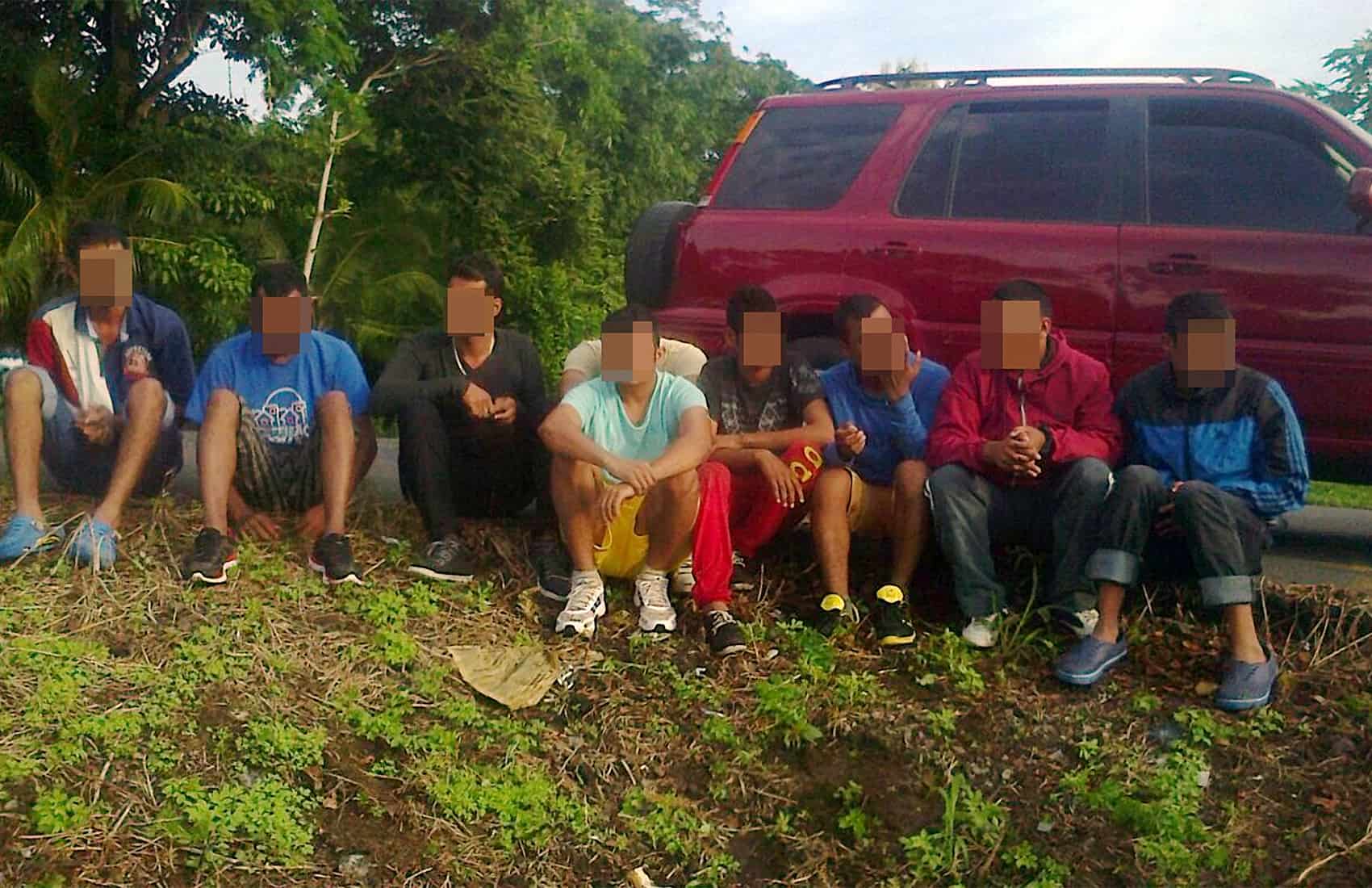Barely a month after Costa Rica concluded a massive airlift of Cuban migrants stranded in the country, regional leaders gathered in San José on Tuesday to address persistent problems on the immigration front, including the continued arrival of Cubans and migrants from Africa and Asia.
Foreign Minister Manuel González said Tuesday that the uptick in undocumented migrants crossing Central America could pose a security risk to the United States.
“We have not approached this from a security perspective because we do not believe these people represent a threat to our national security. That’s why we’ve approached this from a human rights angle,” González said, “but we can’t be sure what these people have in their minds or what is their true intention, especially when it comes to extra-continental migrants trying to reach the United States.”
González said Costa Rica could not confirm the identities of all the migrants moving through the country and had expressed concern over the security threat this could present.
“It could be that they come here with a bag of food and clothes and tomorrow with a bag of something else,” he said.
Tuesday’s meeting was called by Costa Rica last week after several recent detentions of groups of migrants from across Africa. Meanwhile, roughly 2,000 Cuban migrants have accumulated in shelters on the Panamanian side of the border since Costa Rica stopped receiving them. The Costa Rican government announced an increased police presence in the southern part of the country to help address undocumented migration in March.
Immigration officials and vice foreign ministers from Mexico, El Salvador, Guatemala, Honduras, Costa Rica, Panama, Colombia, and Ecuador attended the meeting. Chairs sat empty during the meeting’s inaugural address in front of spots reserved for representatives from Cuba and Nicaragua. Representatives from the United Nations, the U.S. Embassy in San José and the U.S. Department of Homeland Security also attended the meeting.
The pathway north
Costa Rica and other Central American countries have seen increasing flows of undocumented migrants from around the world since 2012. The phenomenon reached its apex here in November 2015 when thousands of Cuban migrants were stranded in Costa Rica for four months after Nicaragua refused to let them pass through on their way to the United States.
Costa Rica granted more than 7,800 Cubans temporary legal status and housed them in dozens of shelters across the country until the last Cuban migrants left via an airlift to Mexico in March.
The Foreign Minister said illegal immigration requires “structural solutions,” including a change in U.S. immigration policy to disincentivize Cuban immigration. González and President Solís have both said they believe the terms of the Cuban Adjustment Act “unjustly” punish countries like Costa Rica that are left to manage the flows of migrants.
Recommended: Costa Rica serves as a corridor for Asians, Africans migrating to the US
González said extra-continental migration represented a relatively small but more “serious” problem than Cuban migration. The foreign minister noted that a bevy of factors complicate Costa Rica’s ability to identify migrants from Africa, South Asia and elsewhere, ranging from a lack of official identification and local diplomatic presence by the countries of origin, to the migrants’ inability to speak Spanish and, in some cases, to write their names.
González called for a coordinated, holistic approach to irregular migration in the region that respects the human rights of the migrants and delivers a firm response to human smugglers and traffickers.
“We don’t have all the solutions in our hands. No single country does,” González said. “Therefore, if we don’t act together as a bloc to address the situation, this has the potential to become a very serious crisis.”






